

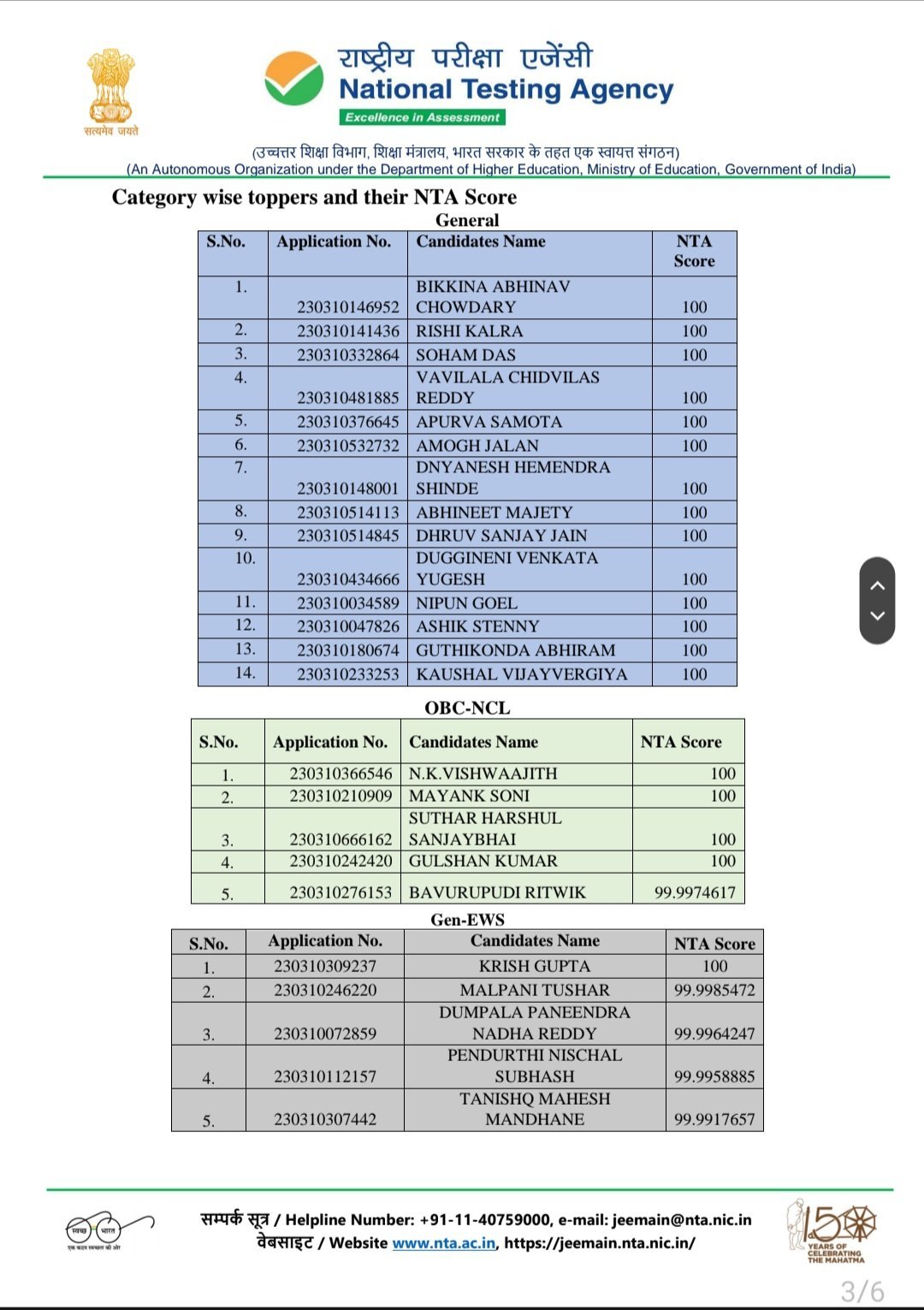
The National Testing Agency has declared the results for the JEE Main 2025 Session 1 exams today. 14 candidates have achieved a perfect 100 percentile. The top 2.5 lakh qualifying candidates will be eligible to appear for the JEE Advanced exam. The NTA has removed 12 questions from the final answer key, ensuring fairness for all candidates. Check the direct link to download the JEE Main 2025 Session 1 scorecards.
JEE Main 2025 Session 1 Results Declared: 14 Candidates Achieve Perfect 100 Percentile
The National Testing Agency (NTA) has announced the results for the Joint Entrance Examination (JEE) Main 2025 Session 1 exams, with 14 candidates securing a perfect 100 percentile. The top 2.5 lakh qualifying candidates are now eligible to appear for the JEE Advanced exam.
Background
JEE Main is a national-level entrance exam conducted by the NTA for admission to engineering and architecture courses at NITs, IIITs, and other participating institutions. The exam is held twice a year, with the first session typically held in January and the second session in April.
Key Highlights
Top 5 FAQs and Answers
1. How do I check my JEE Main 2025 Session 1 scorecard? Answer: Visit the official JEE Main website (jeemain.nta.nic.in) and click on the link to download the scorecard.
2. What is the cutoff for the JEE Advanced exam? Answer: The JEE Advanced cutoff is typically set at the 96.5 percentile for General category candidates.
3. How many attempts are allowed for the JEE Main exam? Answer: Candidates can appear for the JEE Main exam a maximum of three times, with the best score being considered for admission.
4. When is the JEE Advanced 2025 exam being conducted? Answer: The NTA has not yet announced the date for the JEE Advanced 2025 exam.
5. What are the eligibility criteria for the JEE Main exam? Answer: To be eligible for the JEE Main exam, candidates must have passed the 12th class with Mathematics, Physics, and Chemistry as subjects. They must also meet the age and nationality requirements.

The Bhutan Information, Communication, and Media Authority has approved Starlink Services Private Limited to provide satellite-based internet services in Bhutan, aiming to bridge the digital divide and provide access to reliable internet in remote and rural areas. The approval was preceded by an evaluation of Starlink's FDI registration, local representatives for regulatory compliance, and commitments to service quality and data privacy. Billing will begin upon service activation or 30 days after equipment shipment, with no early termination fees for cancellations.

The project Bitcoin Pepe is set to revolutionize the way memes are traded by offering a decentralized, layer-2 solution built on top of the Bitcoin blockchain. With Bitcoin Pepe, users can now access DeFi and meme trading on the BTC ecosystem, tapping into the security of Bitcoin and the scalability of Solana. As the first-ever meme ICO on the BTC network, Bitcoin Pepe aims to bring high levels of retail adoption and mass trading activities to the world of memes.
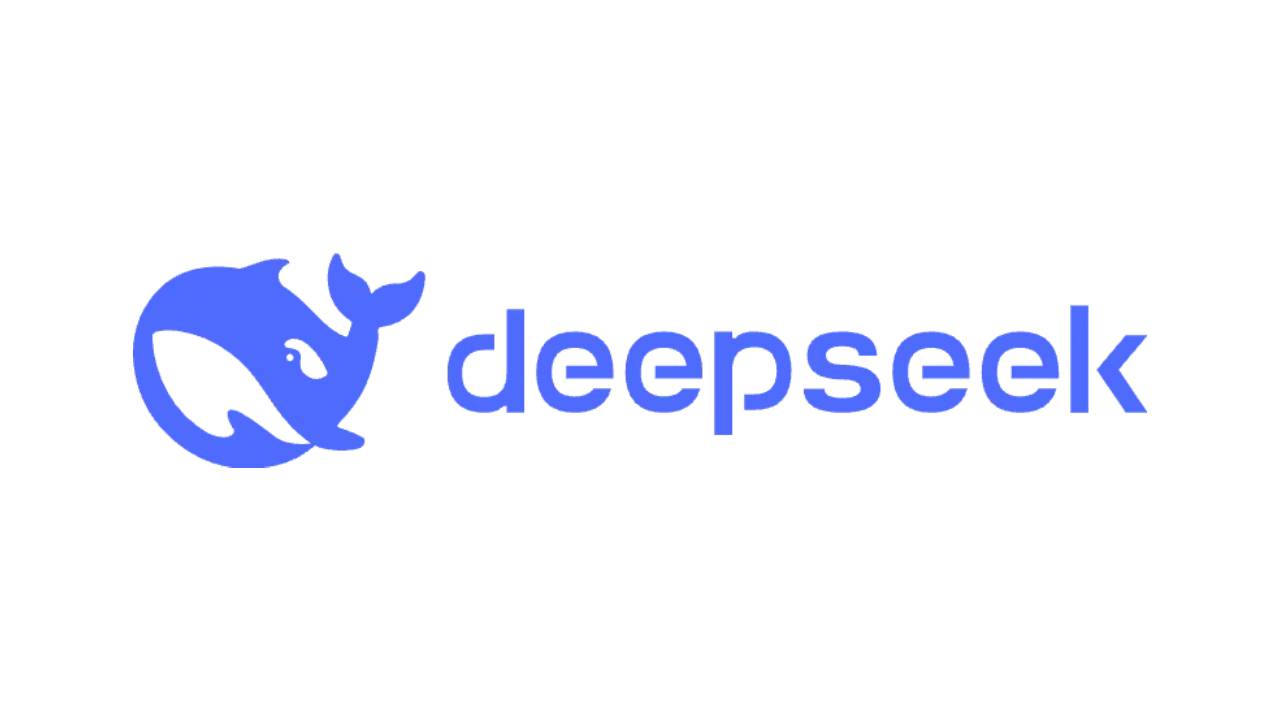
OpenAI CEO Sam Altman, along with other company representatives, recently took part in a Reddit Ask Me Anything session where they discussed various topics, including the company's open-source strategy. Altman acknowledged that OpenAI may have been "on the wrong side of history" with their previous approach and stated that they are now considering open-sourcing older AI software. This shift comes amidst the growing popularity of DeepSeek, an open-source competitor whose R1 reasoning model has gained attention for its fully open-source and free distribution. The future of OpenAI and its co-founder, Elon Musk, have become uncertain as the company adjusts its strategy to keep up with the demands of the evolving AI landscape.
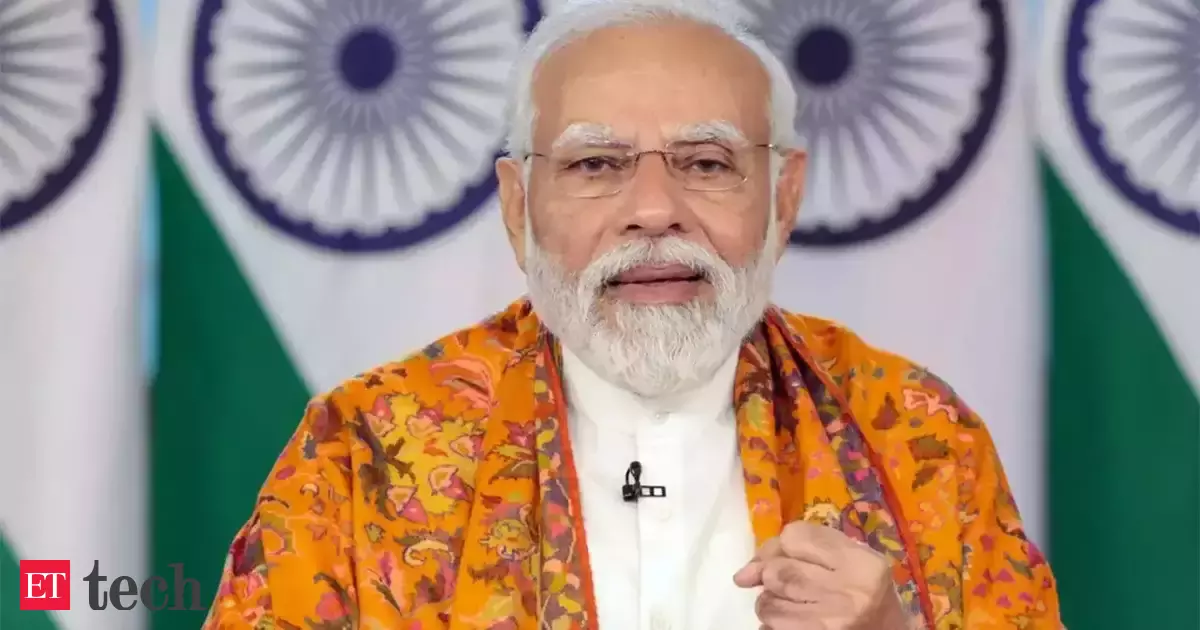
Prime Minister Narendra Modi addressed the AI Action Summit in Paris, highlighting the potential of AI to transform lives and accelerate sustainable development goals. He emphasized the need for collective global efforts to establish governance and address concerns related to cyber security, disinformation, and deepfakes. PM Modi also shared India's active role in leveraging AI, including building its own large language model and utilizing a unique public-private partnership model for pooling resources. He urged for a responsible and people-centric approach in the development of AI, emphasizing that humans must hold the key to our collective future and destiny.
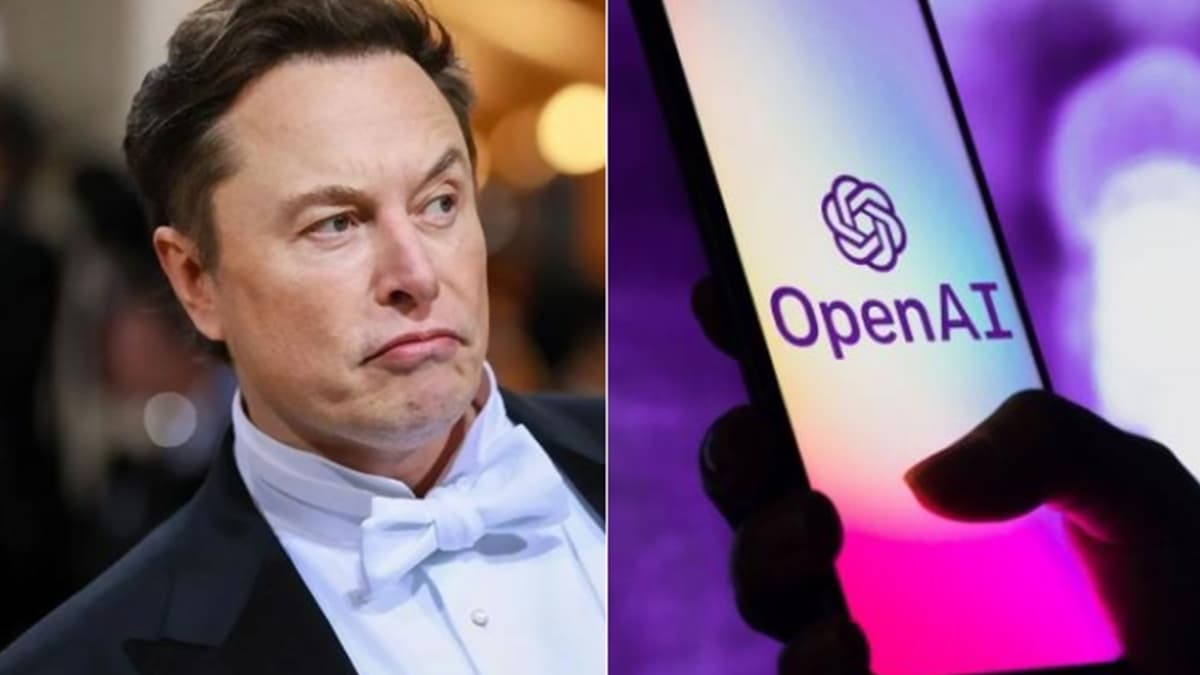
A consortium of investors led by Tesla CEO Elon Musk made a staggering bid of $97.4 billion to acquire OpenAI's non-profit parent. Rejecting the unsolicited offer, OpenAI CEO Sam Altman responded with a sassy remark offering to buy Twitter for $9.74 billion. Musk hit back calling Altman a "swindler" and shared a video dubbing him as "Scam Altman". This development comes amid the news of China's DeepSeek's AI model rivalling OpenAI's ChatGPT 4, triggering a massive drop in stocks of key chip manufacturers and wiping off over $1 trillion in market cap. OpenAI had recently announced the ambitious Stargate project backed by Microsoft and SoftBank to build advanced AI infrastructure in the US. Despite facing backlash for his remarks on India's ability to build large language models, Altman clarified during his visit to India that the country has the potential to become a leader in this area.
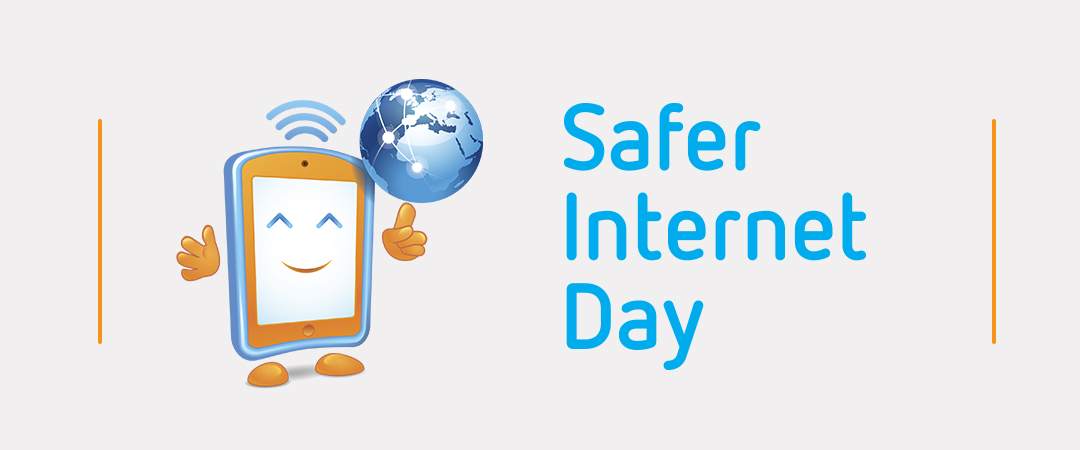
Celebrating its 20th anniversary, Safer Internet Day is a global initiative that aims to raise awareness about online safety and promote responsible use of the internet. This year's theme, "Together for a Better Internet," emphasizes the need for collective action in creating a safe, inclusive, and empowering online community. From its humble beginnings in 2004, the day has now spread across 200 countries, highlighting the growing importance of internet safety in our digital world. As we mark this occasion, let's learn about its history, significance, and safety rules to make the internet a safer place for everyone.

According to a recent report by Snap Inc., India has emerged as the leader in online safety and satisfaction, with a score of 67 out of 100 in the global digital well-being index. The country also boasts the strongest support network for young people, with 9 to 12 sources of guidance available, including parents, teachers, and mentors. However, despite the high levels of parental engagement and support, Indian Gen Z users still face a significant number of online threats, such as sextortion and grooming, highlighting the need for continued efforts to ensure digital safety for the younger generation.

Realme is set to introduce its latest smartphone, the P3 Pro 5G, in India. It will be powered by the advanced Qualcomm Snapdragon 7s Gen 3 chipset, delivering a significant boost in performance and efficiency. The phone will also feature a segment-first Quad-Curved EdgeFlow Display, a massive 6,000 mAh Titan Battery with 80W super fast charging, and an Aerospace VC Cooling System to enhance gaming performance. With GT Boost technology co-developed with KRAFTON, the P3 Pro 5G promises a console-level gaming experience. Get ready for its launch on realme's official website and Flipkart.com.

Realme is set to launch its highly anticipated Realme P3 series in the Indian market on February 18. The series will include the P3 Pro, P3 5G, P3x 5G, and P3 Ultra, all of which will come with impressive features such as GT Boost technology developed with Kraftion for improved gaming performance. The flagship P3 Pro is expected to sport a quad-curved AMOLED panel, Snapdragon 7s Gen 3 chipset, and 80W fast charging. Stay tuned for more updates on pricing and specifications closer to the launch date.